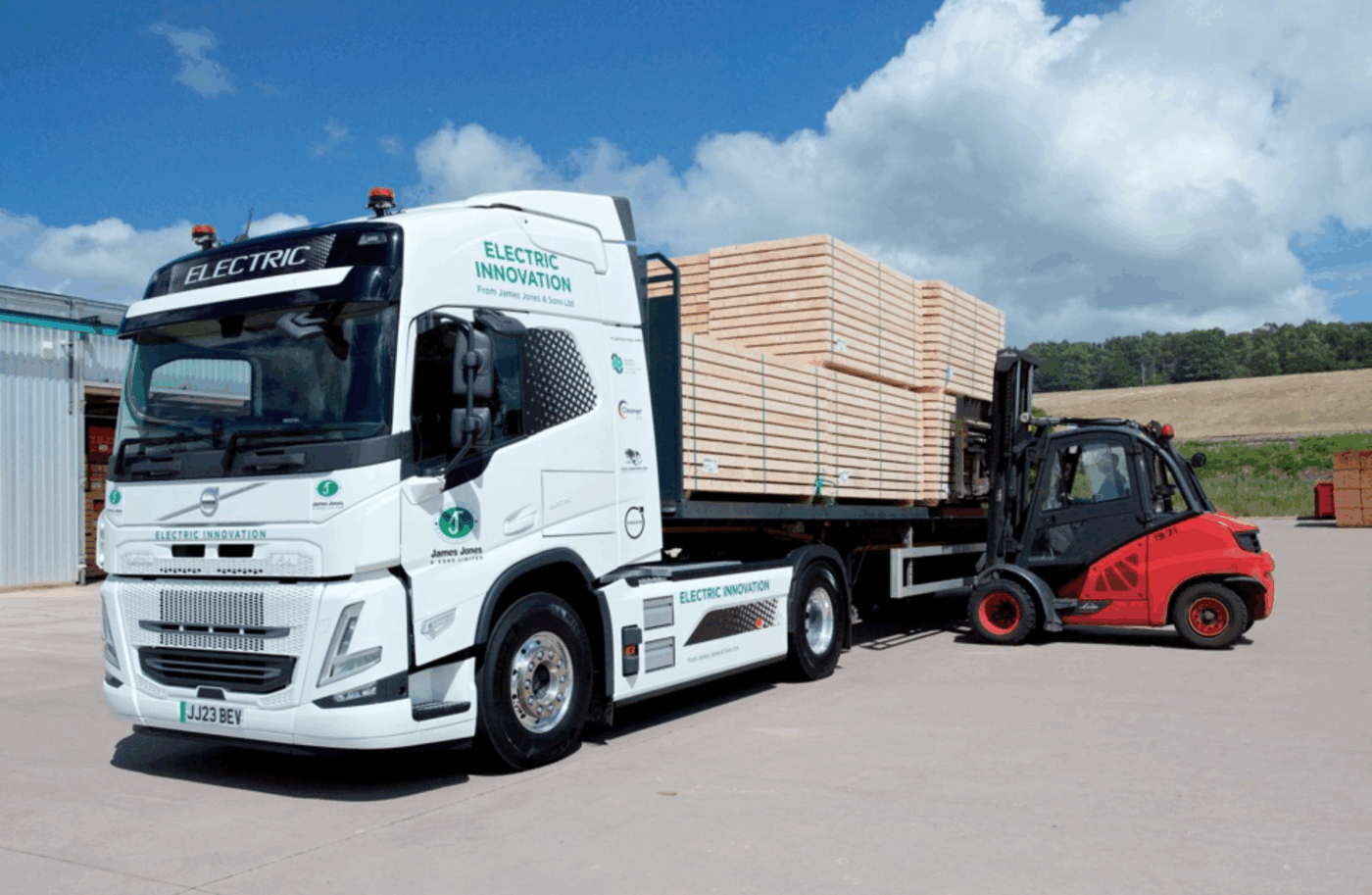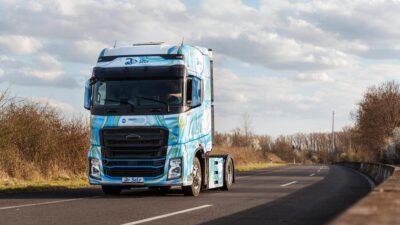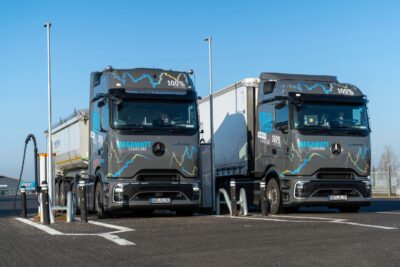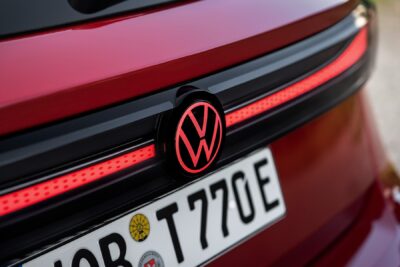El consorcio SCALE se dispone a impulsar la electrificación del transporte por carretera en Escocia
El proyecto SCALE cuenta con el apoyo del Fondo de 2 millones de libras para la preparación del mercado de vehículos pesados de transporte de mercancías de Transport Scotland y tiene como objetivo desplegar camiones eléctricos de entre 7,5 toneladas y 44 toneladas de varios fabricantes. El consorcio pretende probar y demostrar la capacidad de distintos HGV (vehículos pesados de transporte de mercancías) en diferentes aplicaciones del mundo real en toda Escocia. Esto incluye servicios críticos en zonas desatendidas, centrándose en rutas para el transporte de productos farmacéuticos, la distribución de alimentos y la entrega de paquetes al día siguiente en comunidades remotas.
El consorcio de empresas que pretenden electrificar o aumentar la electrificación de sus flotas incluye a Creel Maritime, con su asociación Net Zero Timhaul con Scotlog, y James Jones & Sons. La propuesta SCALE será revisada por Transport Scotland a principios del año que viene y, si se aprueba, el despliegue comenzará a finales de 2026.
Transport Scotland identificó acertadamente el clásico problema del huevo o la gallina de la electrificación del transporte con los vehículos y la infraestructura de recarga cuando desarrolló la plan de financiación revelado en julio de 2025. SCALE pretende abordar este problema mediante la creación de una red de recarga de propiedad comunitaria. Los centros de recarga compartidos están pensados para ser utilizados tanto por grandes como por pequeños operadores de flotas. Otro obstáculo común a la electrificación de flotas también ha sido claramente identificado por los financiadores y las partes interesadas, a saber, los costes iniciales de la electrificación de flotas: SCALE pretende poner a disposición paquetes de apoyo financiero, en particular para las empresas más pequeñas.
Las actividades del consorcio serán coordinadas por Voltempo, que dirige simultáneamente el Consorcio eFreight 2030 en el Reino Unido. Voltempo tiene su sede en Glasgow y espera abrir dos centros Voltempo HyperCharger -con sus propios sistemas de carga Megawatt (MCS) para eHGVs- en 2026.
Michael Boxwell, fundador de Voltempo, declaró: "Escocia tiene la visión, y ahora la oportunidad, de acelerar la transición hacia un transporte de mercancías de emisiones cero, y estamos encantados de liderar SCALE, un consorcio diseñado específicamente para dar a los transportistas la confianza, la infraestructura y el apoyo que necesitan para hacer el cambio a la electricidad." Señaló la importancia de la colaboración: "Trabajando juntos, podemos construir un ecosistema nacional de recarga que funcione para todos los operadores, desde las grandes flotas hasta el transportista rural más pequeño, y que permita a Escocia cumplir sus ambiciosos objetivos de descarbonización del transporte de mercancías."
Escocia avanza la descarbonización de sus sectores de transporte en todo el país. Esto incluye también el transporte público, los planes de bicicletas eléctricas y las aplicaciones marítimas, con la tarea notoriamente difícil de descarbonizar el transporte marítimo. La electrificación de los automóviles también ha progresado con zonas de bajas emisiones en varias ciudades y numerosas redes de recarga rápida.





0 Comentarios